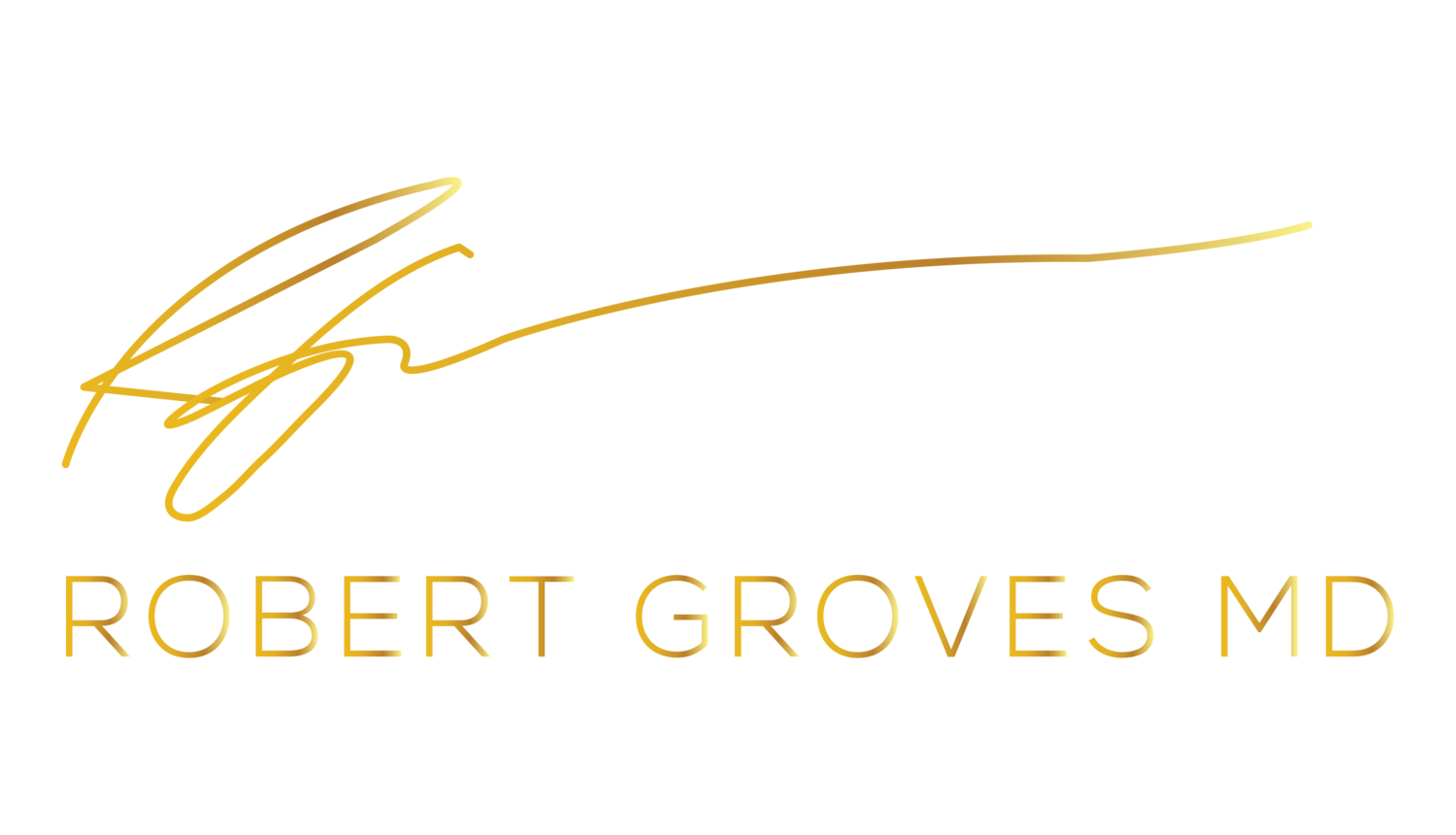The Most Trusted Calling
I was a third-year medical student, “not quite yet “a physician when I was taught an important lesson. The lesson was doled out in the fashion of the time. I was called by a veteran nurse to come and draw blood cultures on a patient who had a fever. Because I was stressed, not least by my position as a medical student (as well as by my feelings of utter incompetence), my response was terse and less than friendly. That was a mistake. That nurse called on me a lot that day and the reasons were all good ones, but for things that she, as an experienced nurse, knew how to handle. I spent the rest of the day tending to needs and questions associated with that patient and my day was long, very long. I got to know that nurse and her patient quite well. At the end of the day, the nurse pulled me aside and said, “You see, we are a team. You help me, I help you. There is never any need to be rude. ” Now I am not suggesting that such tactics are necessary to be endorsed, though I have to concede that the method was effective. I have never again taken a nurse’s role for granted. Over the years, I have learned at least as much from nurses as I have from physicians. Looking at a problem through a different professional lens often reveals new opportunities for insight and value. Physicians and nurses are a team and one cannot function optimally without the other.
Nurses have saved me and many of my patients over the years, by being attentive, insightful, and knowing the patient and the family so well that they become attuned to the signs of impending peril - physiological, psychological, or social. The good nurses become equally familiar with the personalities and predispositions of the physicians with whom they work. There have been days and nights when I was so exhausted that I couldn’t remember orders given over the phone. Fortunately, a caring nurse at the other end helped both the patient and me. Perhaps training has changed since I was a young physician. Perhaps we no longer exhaust our trainees to the point of incoherence. Still, I am sure that many a patient owes their life to a quick-thinking and caring nurse who knew exactly what questions to ask and when to ask them. Further, when we physicians have gone to pursue other duties, it is the nurse who cares for our patients, day and night.
It is important to honor our nurses and take care of them. Nurses are stretched to the breaking point. Nurses knowingly enter a profession that prioritizes the care of others and does so down to the most intimate of tasks, including our most vulnerable moments. Nurses have always been willing to risk their lives to serve others in their time of greatest need. In spite of these difficult tasks, in spite of the long hours, and in spite of the constant exposure to illness, death, and dying, most nurses still love their jobs. Perhaps it should be no surprise that the general public consistently ranks nursing as the most trusted profession. It truly is a noble calling.
So when you see a nurse this week, offer a smile, or a word of support. No one is closer to the front lines of health care challenges than our nurses. We must remember, too, that the best cure for burnout is caring for each other and the human connection and meaning that our sincere interaction can foster. As for me, it is with deepest gratitude that I dedicate this letter to every nurse with whom I’ve worked and those who have cared for my friends, my family, and me when we needed it most. You who made my life better, taught me, saved me, supported me, and stayed with me when it seemed no one else would. I salute you and all nurses. Happy Nurses Week!
Robert Groves, MD
